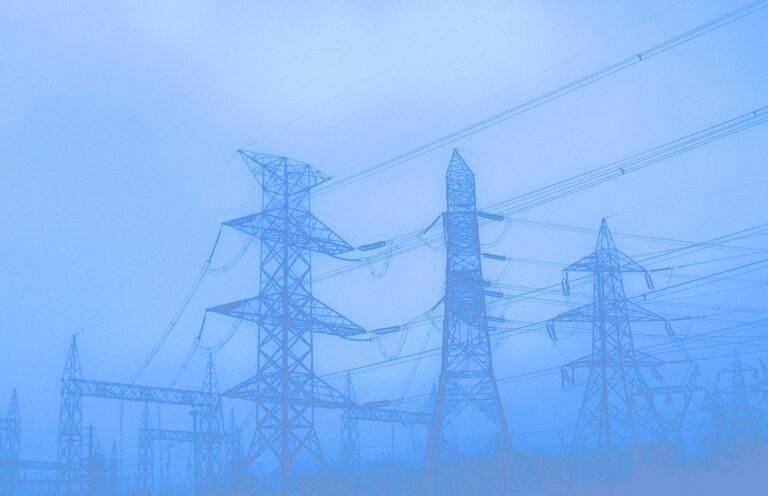The Potential of Smart Grids in Energy Management
Smart grid technology refers to the integration of traditional electrical grids with advanced communication and automation capabilities. By utilizing digital sensors, meters, and control systems, smart grids enable utilities to monitor and manage electricity flow more efficiently. This real-time data tracking allows for better insights into energy consumption patterns and facilitates the integration of renewable energy sources into the grid.
One key feature of smart grids is their ability to detect and respond to power outages swiftly. With advanced monitoring systems in place, utilities can pinpoint the location of outages more accurately and remotely reroute power to minimize disruptions. Additionally, smart grids support two-way communication between utilities and consumers, empowering users to make informed decisions about their energy usage and potentially lower their electricity bills.
Benefits of Implementing Smart Grids
Smart grids offer numerous advantages for both consumers and utility providers. One key benefit is improved reliability and resilience in the energy system. With advanced technologies like sensors and automation, smart grids can quickly detect and respond to outages, reducing downtime for consumers and minimizing economic losses for businesses.
Additionally, smart grids promote energy efficiency by optimizing the distribution of electricity. By integrating renewable energy sources and enabling two-way communication between utilities and consumers, smart grids help to balance supply and demand more effectively. This not only lowers energy costs for users but also reduces carbon emissions and contributes to a more sustainable energy future.
What is smart grid technology?
Smart grid technology is an advanced electrical grid system that uses digital communication technology to detect and react to changes in electricity usage in real-time.
How do smart grids benefit consumers?
Smart grids benefit consumers by increasing energy efficiency, reducing electricity bills, improving reliability, and enabling the use of renewable energy sources.
Can smart grids help reduce carbon emissions?
Yes, smart grids can help reduce carbon emissions by enabling the integration of renewable energy sources, such as solar and wind power, into the grid.
Are smart grids secure from cyber attacks?
Smart grids have built-in cybersecurity measures to protect against cyber attacks and ensure the safety and reliability of the grid.
How do smart grids help utilities manage electricity distribution?
Smart grids assist utilities in managing electricity distribution more efficiently by providing real-time data on energy consumption, enabling predictive maintenance, and reducing power outages.
Are smart grids cost-effective for utilities to implement?
While there may be initial costs associated with implementing smart grid technology, the long-term benefits, such as increased efficiency and reduced operational costs, make it a cost-effective investment for utilities.





